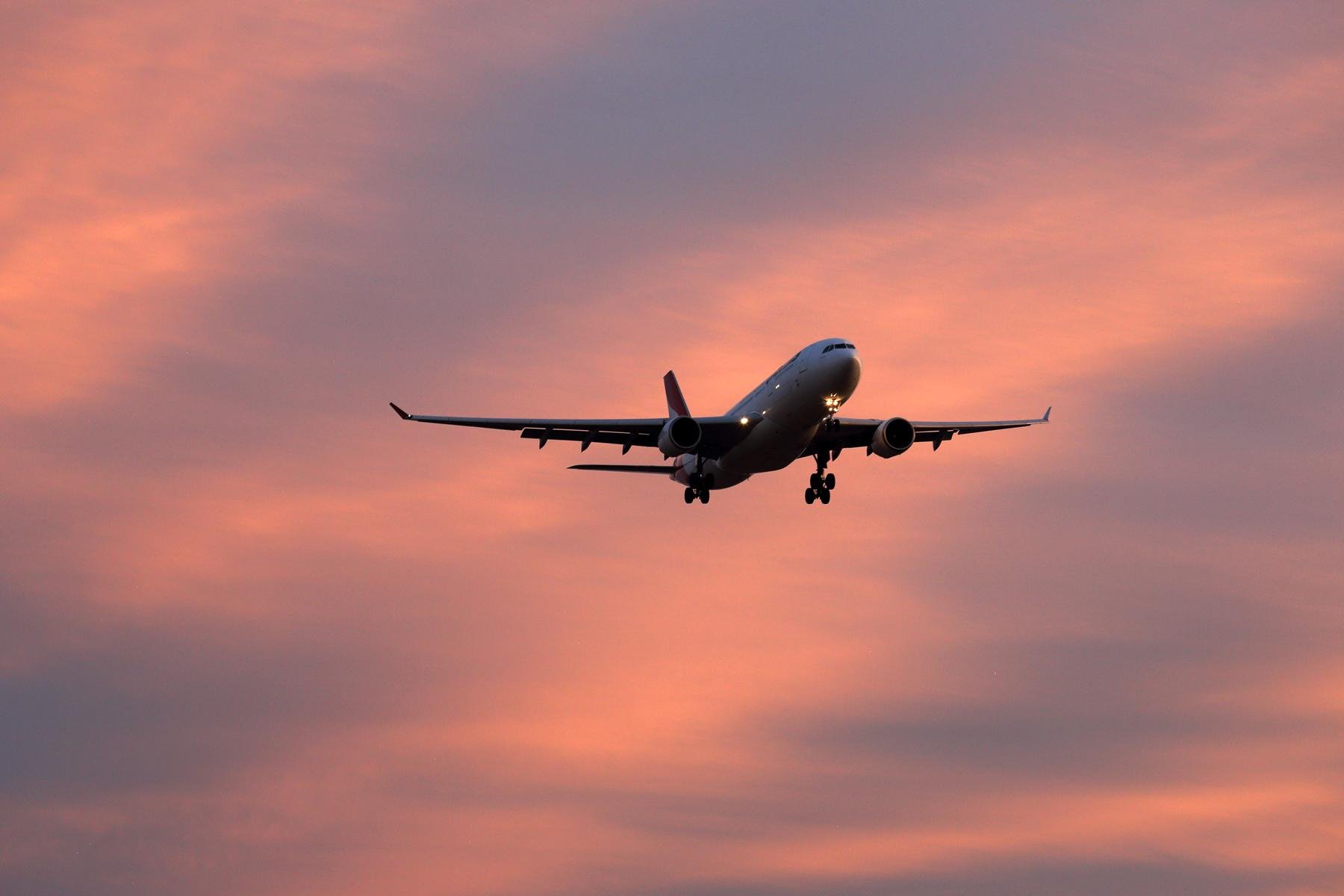
LYON—Sustainable aviation fuel (SAF) technology specialist Lanzajet signed a memorandum of understanding (MOU) with Airbus last week aimed at accelerating SAF production and adoption.
The agreement illustrates the aviation industry’s effort to spur the creation of SAF factories as an alternative to airframers, engine manufacturers, and other players becoming SAF producers themselves.
Under the MOU, Airbus will help Lanzajet make progress with the construction of its first production facilities. These will use Lanzajet’s alcohol-to-jet process, which relies on low-carbon ethanol, to create SAF. The bottom line is a reduction in greenhouse gas emissions of more than 70%, compared to fossil fuels, Lanzajet said. The U.S.-based company’s technology creates an approved drop-in fuel, compatible with existing aircraft and infrastructure.
The agreement is also targeted at accelerating the certification and adoption of 100% drop-in SAF.
“With LanzaJet as a trusted partner, we can support the acceleration of the alcohol-to-jet SAF production pathway and at scale,” said Julie Kitcher, Airbus EVP for corporate affairs and sustainability at Airbus. “This collaboration will also explore technological developments to enable Airbus aircraft to be capable of flying up to 100% SAF before the end of the decade.”
In addition, Airbus and Lanzajet will “investigate business opportunities with airlines and other stakeholders,” the two companies said.
Freedom Pines Fuels, near Soperton, Georgia, is planned to start operations in 2023 as Lanzajet’s first factory. A 10 million U.S. gallon (37,000 metric ton) per year facility, it will source sustainable and waste-based ethanol. Two carriers, British Airways and ANA, have contracted to take a significant portion of the SAF produced at Freedom Pines Fuels.
In Australia, LanzaJet has partnered with Jet Zero to start planning work on what could be Australia’s first SAF plant in Queensland. Qantas Group and Airbus will jointly invest A$2 million ($1.34 million) in early-stage project capital, under a previously announced agreement.
In Europe, the FLITE consortium, led by SkyNRG and with LanzaTech as the technology provider, is planning to build an alcohol-to-jet facility at a yet-to-be-determined location. The facility will convert waste-based ethanol to SAF at a rate of 30,000 metric tons/yr. The project started in 2020 and received €20 million ($21.8 million) in funding from the EU H2020 program.
